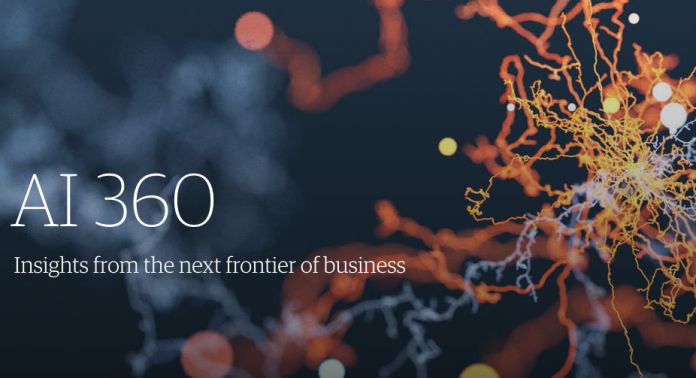
A new research carried out by professional services company Genpact revealed that while the adoption of artificial intelligence (AI) is rapidly growing in the workplace, businesses need to address lingering doubts from their employees and give them opportunities to future-proof and upskill as new developments in AI arise.
Dubbed AI: 360 insights from the next frontier of business, the research found that Australia is lagging behind its global counterparts when it comes to adoption and acceptance of AI.
According to the research, 43% of Australian consumers say AI is making their lives better, compared to 53% globally.
Likewise, 24% of Australian workers think AI will create new career opportunities, compared to 36% of workers globally. In addition, 31% of Australian are concerned that the emergence of AI threatens their jobs, compared to 28% of their overseas counterparts.
Despite these concerns, 69% of Australian workers say they expect to see benefits from AI in the workplace in the next three years, and 77% are open to learning new skills so they can take advantage of AI.
Richard Morgan, country manager of Genpact Australia said Australian employees’ are gradually warming up to seeing AI in their workplace.
“Slowly but surely we’re seeing a shift in how Australian employees view AI in the workplace,” Mr Morgan noted.
“It’s a good sign that a quarter of workers think AI will bring new career opportunities. As AI becomes more embedded in our professional and personal lives, it’s vital that business understand lingering doubts.
“Executives must educate their employees and customers about AI’s potential, and provide them with tools to take advantage of its benefits.”
From the employers’ perspective, nearly every Australian executive surveyed (99%) says their company plans to implement AI-related technologies over the next three years, with 85% believing their employees will be happy working with robots in the same time frame.
Further, 62% of senior executives say their organisations provide employees with reskilling opportunities, even though only 30% of Australian workers say reskilling options are available at their companies.
The research also shows that concerns around personal data may pose a barrier for businesses to get their customers to embrace AI.
Namely, 70% of Australian consumers say they don’t want companies using AI that intrudes on their privacy, even if the goal is to optimise their experience.
Consumers are also worry about AI discriminating against them in its decisions, with 84% of Australians saying they think it’s important that companies take active measures to reduce AI bias.
“Many companies already see AI’s benefits, and we expect to see this grow in Australia as more businesses learn from the early adopters, and as more customers and employees better understand the benefits of AI on their lives,” Mr Morgan continued.
“Yet, people still worry about such issues as AI bias and privacy, and fear AI’s impact on jobs. These doubts send clear signals about what companies must address to achieve greatest business impact from AI.”



















